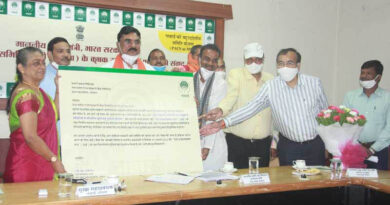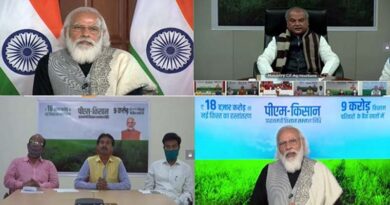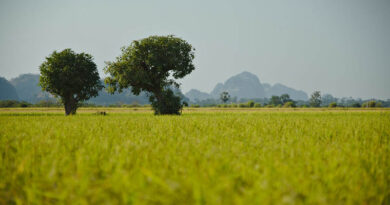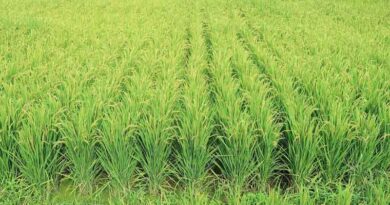Punjab CM against GI tagging of Madhya Pradesh Basmati
05 August 2020, Chandigarh: Punjab CM Captain Amarinder Singh is against the GI tagging of Madhya Pradesh Basmati and has written to Prime Minister Narendra Modi seeking his personal intervention.
Read: China reports Fall Armyworm in corn growing areas
Apart from Punjab, other states which have GI tagging for Basmati are Haryana, Himachal Pradesh, Uttarakhand, Delhi, Western UP, and select districts of Jammu and Kashmir.
All India Rice Exporters Association is vigorously opposed to the idea of granting GI tag for Madhya Pradesh Basmati. Raising concerns about its serious negative impact on Indian export potential, the Chief Minister noted that India exported Basmati to the tune of Rs. 33,000 crore every year, but any dilution in registration of Indian Basmati may give advantage to Pakistan (which also produces Basmati as per GI tagging) in international market in terms of Basmati characteristics, quality parameters.
Read: Haryana govt approves crop residue management plan of Rs 1304.95 Cr
In his letter to the Prime Minister, the Chief Minister has drawn his attention to the economically and socially important issue of Geographical Tagging, saying GI tagging of MP Basmati would negatively impact the state’s agriculture and also India’s Basmati exports. Madhya Pradesh has sought inclusion of its 13 districts for GI tagging for Basmati.
Urging Modi to direct the concerned authorities not to disturb the status quo in this matter, the Chief Minister said this was essential for safeguarding the interests of farmers and Basmati exporters of India.
Read: Kharif sowing sees 13.9 percent increase in area coverage compared to last year
As per the geographical indications of Goods (Registration and Protection) Act 1999 a “geographical indication tag can be issued for agricultural goods that are originating in the territory of a country, or a region or locality in that territory, where a given quality, reputation or other characteristics of such goods is essentially attributable to its geographical origin.
Violation of the GI tagging procedure and laws
GI tag for Basmati has been given on the basis of the traditionally grown areas of Basmati due to special aroma, quality and taste of the grain, which is indigenous to the region below the foothills of Himalayas in the Indo-Gangetic Plains and Basmati of this area has distinct recognition across the world,” the Chief Minister has pointed out.
Read: Netafim India Connects With Farmers through Social Media Platforms
Captain Amarinder said, “Madhya Pradesh does not fall under the specialised zone for Basmati cultivation.” It was for this reason that MP was not included in indigenous area of Basmati cultivation in the history of India. He said, “MP’s move to get its area included for Basmati tagging is a direct violation of the GI tagging procedure and laws, and any attempt to breach the GI tagging areas will not only hit the status of aromatic Basmati cultivation in India’s specialised area but will also negate the purpose of GI tagging regulation in the Indian context.
The Chief Minister further pointed out that MP had earlier attempted to get the GI tag for Basmati cultivation in 2017-18. However, Registrar of Geographical Indications (RGI), constituted under the geographical indications of goods (Registrations and Protection) Act 1999, rejected the demand of MP after investigating the matter. The Intellectual Property Appellate Board, Government of India, had also discarded the claim of MP in this regard. Later, MP challenged these decisions in Madras High Court, but did not get any relief.
Further, to look into the claim of MP to get GI tag for its Basmati, the Government of India had also constituted a committee of eminent agricultural scientists, which after thorough deliberations, had also rejected the state’s claim, Captain Amarinder pointed out.
Photo credit: BryonLippincott on Visualhunt.com / CC BY-ND














